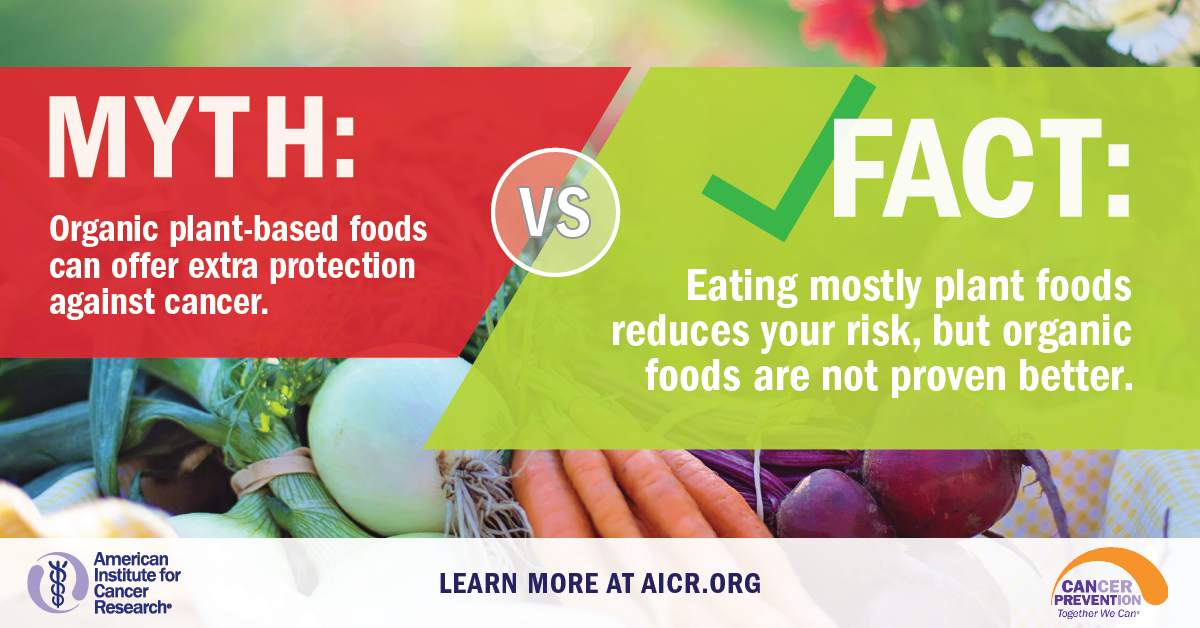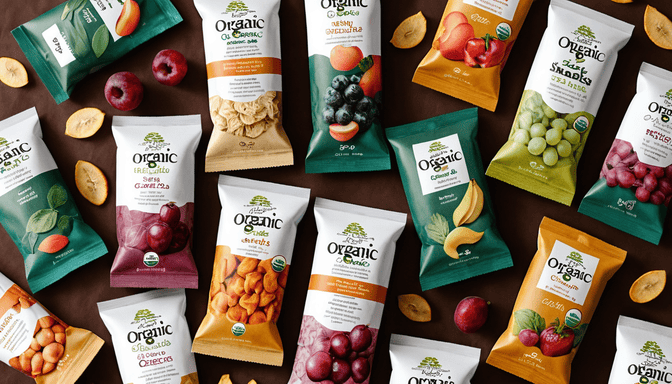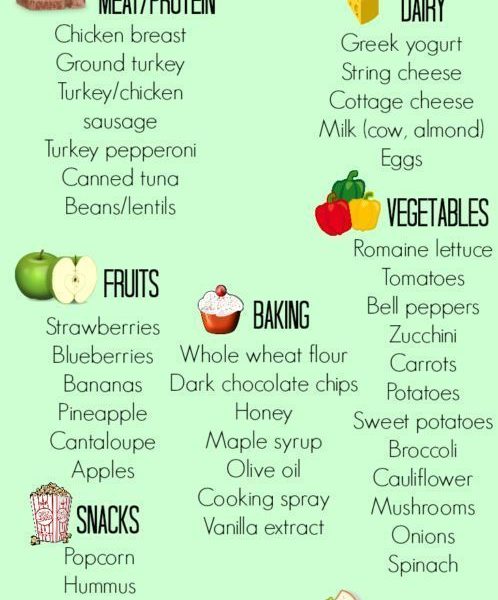Organic foods have become increasingly popular in recent years as consumers become more aware of the potential health and environmental benefits of choosing organic products. The organic movement advocates for farming practices that prioritize soil health, biodiversity, and the absence of synthetic pesticides and fertilizers.
Benefits of Organic Foods
Organic foods are often touted as being healthier and more nutritious than their non-organic counterparts. Studies have shown that organic produce may contain higher levels of certain nutrients, antioxidants, and beneficial compounds.
Additionally, organic farming practices are believed to be better for the environment, as they reduce the use of harmful chemicals that can contaminate soil, water, and air. Organic farming also supports biodiversity and may contribute to healthier ecosystems.
The Non-Organic Dilemma
While organic foods offer many benefits, they can also come at a higher price point, making them less accessible to some consumers. Non-organic foods, on the other hand, are often more affordable and widely available.
Non-organic farming practices may involve the use of synthetic pesticides and fertilizers, which can have negative impacts on the environment and human health. However, proponents of conventional agriculture argue that these methods are necessary to meet the global demand for food and to ensure crop yields.
Making Informed Choices
When it comes to choosing between organic and non-organic foods, it ultimately comes down to personal preference and priorities. Some consumers may prioritize the health and environmental benefits of organic foods and are willing to pay a premium for these products. Others may prioritize affordability and accessibility and opt for non-organic options.
It’s important to consider the bigger picture when making food choices and to weigh the potential benefits and drawbacks of both organic and non-organic options. By staying informed and making thoughtful decisions, consumers can support a more sustainable and health-conscious food system.


